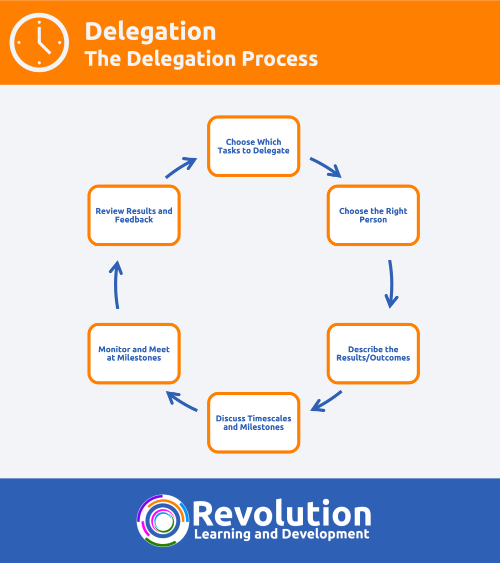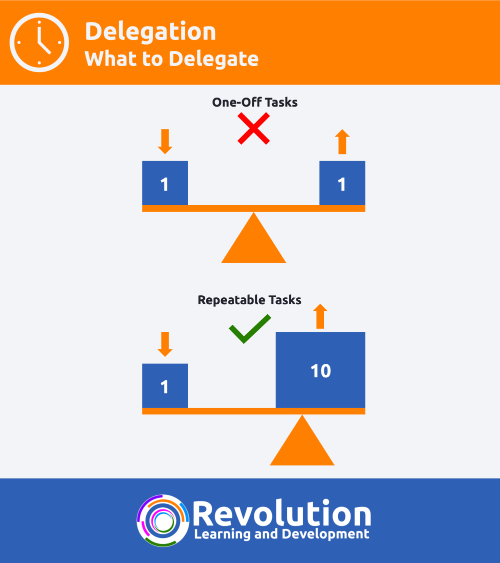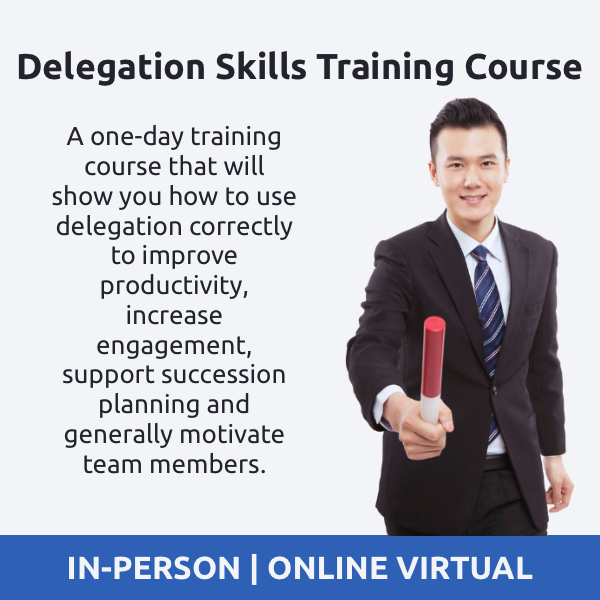Background
In this article, we look at effective delegation and how to delegate effectively. Delegation is a key skill that leaders and managers require to be successful in their roles. Without it, they can struggle to get everything done. For many reasons, a high proportion of leaders and managers don’t delegate effectively. In other cases, they don’t delegate at all.
There are many reasons why a leader or manager should delegate. There are plenty of reasons (or excuses) given as to why they don’t. In this article, we will explore what effective delegation is, what causes delegation to fail and how to delegate effectively to ensure delegation works.
What is Delegation?
Delegation describes the process of one person passing the responsibility and ownership of a task or series of tasks to someone else. This means the person who is handed the task will now be responsible for its completion.
When we delegate, we can delegate a task in its entirety or a small proportion of a larger task. Delegation tends to happen in project management, but also is equally as important in the day-to-day activities of a leader or manager. It is seen as an important skill in time management.
In his work, Stephen R. Covey describes 2 different types of delegation:
- GOFER Delegation – This describes the process of asking some to go-for this and -go-for that. In other words, we hand over tasks to people without any conversation or generating any kind of buy-in. We simply make demands of people and expect them to comply with our requests and deliver what we asked for
- Stewardship Delegation – This describes the process of making someone the steward of our tasks. We hand over the responsibility of delivering our task to the person we are delegating to. With this, we hand over some decision-making control of how the task can be completed. We just need to be clear about the end result and describe any boundaries that they can operate within
When we delegate effectively, we are very much using the stewardship delegation approach.
Why We Don’t Delegate
There are a number of reasons given as to why people don’t delegate. One contributing factor to why people don’t delegate is that they have delegated in the past and they didn’t get the outcome that they wanted or the task didn’t get done at all. This can lead to a belief that delegation is s bad thing and should be avoided at all costs. The reality is they probably just didn’t delegate effectively.
Here are some common reasons that people give as to why they don’t delegate:
- It takes too long
- It’s easier to do it myself
- I don’t have anyone to delegate to
- They won’t do it as well as I can
- I don’t have the time to delegate
- I don’t have the authority to delegate
- I enjoy doing this task myself
All of the above a solid beliefs that can be changed. As we mentioned earlier, these tend to come from having a bad experience of delegating in the past.
Why Does Delegation Fail?
There are many reasons why delegation fails. Here are some examples:
- We delegate the wrong tasks
- Delegating to the wrong person
- Poor delegation conversation
- Unclear goal our outcome
- Too much control
- Too little control
- Too much GOFER delegation
In reality, it usually means that the person delegating did not delegate effectively.
How to Delegate Effectively
Effective delegation is a process. It requires a step-by-step approach to get it right. If we are to delegate effectively, we need to ensure that all steps in the process are followed.

- Choose which tasks to delegate – we can’t delegate everything, so it is important we pick the right tasks to delegate
- Choose the right person – we need the right person with the right skills to carry out the tasks for us
- Describe the results/outcomes required – we need to be clear about what we want as an end result
- Discuss timescales and milestones – we need to be clear about the deadline for the tasks and where there will be any review points
- Monitor and meet at milestones – how will you monitor progress and at what stages will you meet to review progress
- Review results and feedback – review the completion of the task and provide constructive feedback based on performance
What Tasks Should I Delegate?
One of the biggest mistakes that people make with delegation is not picking the right tasks to delegate. It’s a fundamental part of effective delegation. The belief is that we can delegate anything and, while that is true, thinking this way can lead to delegation failure.
When we delegate effectively, we are looking for the biggest return for the time that we spend delegating the tasks. This is the case when we need to spend time training/showing, someone, how to do the tasks we are handing over.
In his work, Stephen Covey describes this process by looking at a set of scales and where we place the equilibrium. This shows that we should focus on delegating repeatable tasks and not one-off tasks.

This is where the feeling of it’s quicker to do it myself comes from.
When we delegate effectively, we delegate repeatable tasks. In the image on the right, you can see we invest one unit of effort in handing the task over. But, in this case, we get a unit of return each time the task is completed because it’s a regular or repeatable task. This makes it more worthwhile to spend time delegating the task.
Who Should I Delegate To?
We can’t just delegate to anyone. Another common mistake in delegation is we pick people to delegate to who have spare capacity. This doesn’t work. We need to pick the ideal person to carry out the task for us. This way we can be sure that we delegate effectively.
When it comes to picking the right person to delegate to, we should look at 2 things:
- The person’s level of skill – can they already do the task or have the skills to do the tasks we are delegating?
- The person’s level of willingness for new tasks – does the person show an eagerness to want to learn new things?
Ideally, we want a person who has a high level of skill and a high level of willingness. This is the perfect person to delegate to. If we don’t have that then our next best place to go is either a person with high skill but low willingness, or a person with low skill and high willingness.
If we pick a person with high skill but low willingness, before we can delegate, we have to establish why there is a lack of willingness. We need to address this first before handing over the task otherwise, the delegation process will fail. You can address low willingness by using coaching.
If we pick a person with low skills but high willingness, we need to spend some time showing them or training them to do the task we are delegating. If we don’t, again the delegation process will fail.
We should avoid a person with low skills and low willingness.
By picking the right person, we can be more confident that we delegate effectively and are more likely to get the right end result.
Further Learning
To learn more about delegation and how to delegate effectively, you could attend a delegation skills training course. Take a look at our Delegation Skills Training Course for more details.





